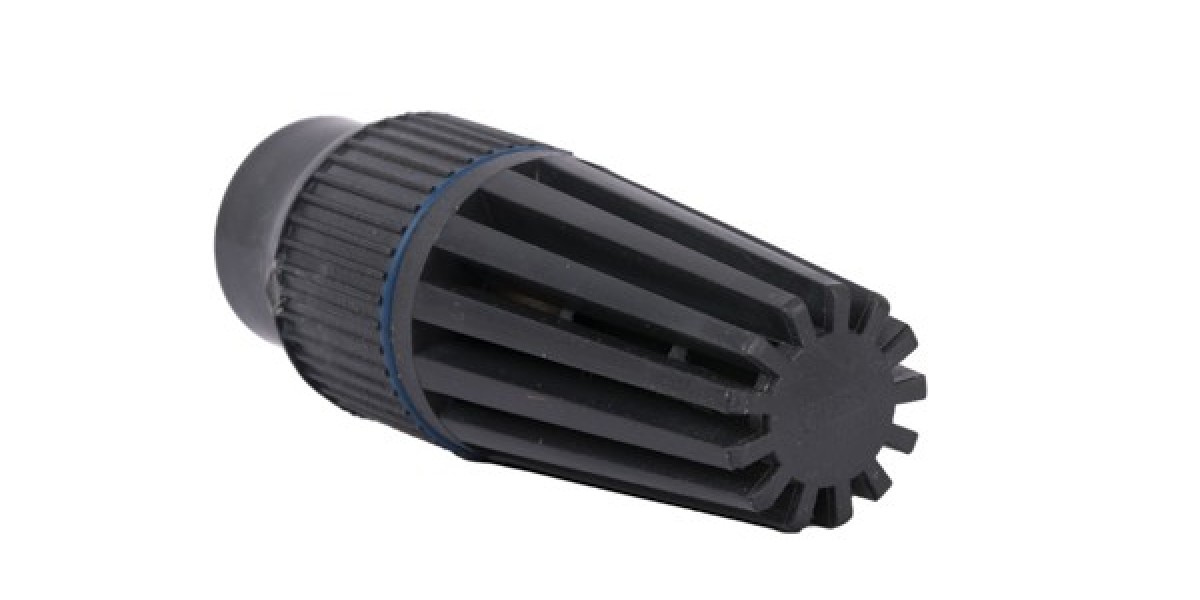Glueing and joining PVC pipes and PVC fittings require the proper materials and steps to ensure a secure and leak-proof connection. Here is how to do it:
Materials Needed:
- PVC Pipe and Fittings: The pipes and fittings you plan to join.
- PVC Primer: A chemical used to clean and prepare the surface of the PVC for glueing.
- PVC Cement (Solvent Cement): A special adhesive that chemically bonds the pipes and fittings.
- Measuring Tape: To measure the length of the pipes.
- Marker: To mark the cutting points on the pipes.
- Pipe Cutter or Saw: To cut the PVC or HDPE pipes to the desired length.
- Deburring Tool or Sandpaper: To smooth the edges of the cut pipes.
- Clean Cloth: To wipe off any debris or moisture.
Steps to Glue and Join PVC Pipes:
- Measure and Cut the Pipes:
- Measure the length of PVC pipe needed.
- Mark the pipe where it needs to be cut.
- Use a PVC pipe cutter or a saw to cut the pipe straight at the marked point.
- Deburr and Clean the Pipes:
- After cutting, use a deburring tool or sandpaper to smooth the edges of the pipe.
- Wipe the inside and outside of the pipe and the fitting with a clean cloth to remove any dust, dirt, or moisture.
- Apply PVC Primer:
- Apply the PVC primer to both the outside of the pipe and the inside of the fitting.
- The primer softens the PVC and cleans the surfaces, making them ready for bonding.
- Apply PVC Cement:
- Apply a generous amount of PVC cement to both the primed end of the pipe and the inside of the fitting.
- Make sure to apply the cement quickly, as it dries fast.
- Join the Pipe and Fitting:
- Immediately after applying the cement, push the pipe into the fitting with a twisting motion to ensure an even distribution of the cement.
- Hold the joint together for about 15-30 seconds to allow the cement to set.
- Wipe Off Excess Cement:
- Wipe off any excess cement that may have squeezed out from the joint.
- Allow the Joint to Cure:
- Let the joint cure for about 15 minutes before handling and at least 2 hours before applying pressure or turning on the water supply. Full curing might take up to 24 hours depending on the temperature and humidity.
Tips:
- Work in a well-ventilated area to avoid inhaling fumes from the primer and cement.
- Make sure the pipes and fittings are properly aligned before the cement sets.
- Use only PVC-specific primer and cement, as they are formulated to work with PVC material.
Following these steps will help you achieve a strong, leak-proof joint in your PVC piping projects.








